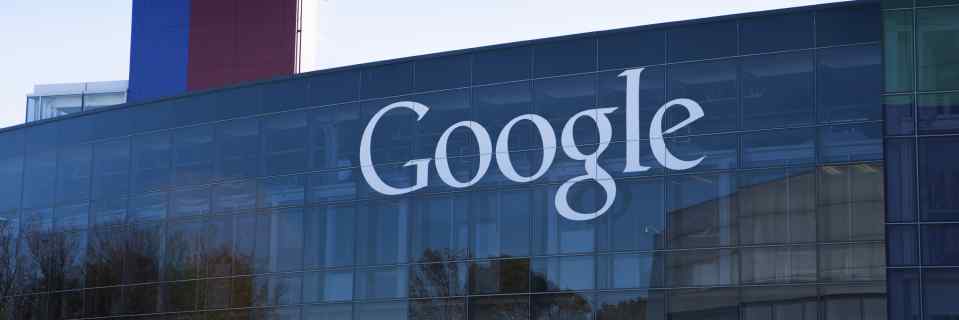Alphabet, the parent company of Google appears to be confused about the state of the Internet. Having first gone to town claiming that the web is thriving and that AI was not tanking traffic, the California-based tech giant has now made a court filing that the “open web is already in rapid decline.”
Google Search boss Liz Reid had squarely refuted a research that suggested AI summaries were resulting in a sharp decline of publisher revenues. She even wrote a blog post claiming that the opposite was true – that search traffic is relatively stable and publishers needn’t worry. She also claims the click quality has significantly gone up.
Barely barely thirty days later, Google did a U-turn and claimed this in a court filing: “The fact is that today, the open web is already in rapid decline and Plaintiffs’ divestiture proposal would only accelerate that decline, harming publishers who currently rely on open-web display advertising revenue.”
A convenient U-turn that Google hopes will help in the antitrust case
It appears that Google made the filings ahead of another trial that could determine how it plans to address the alleged monopoly in the advertising technology business. Readers would recall that the US Department of Justice had sought breaking Google’s ad business up. This latest filing argues that such an act would “only accelerate” the decline of the open web and “harm the publishers who currently rely on open-web display ad revenues.
In fact, a report published by the Search Engine Roundtable two days ago said exactly the same thing. That publisher revenues were declining due to AI summaries. But then Google boss Sundar Pichai had stated in May during an interview that his company was “definitely sending traffic to a wider range of sources and publishers” following the AI search rollout.
In the filing, Google claimed that the plaintiffs continue to advance divestiture remedies they filed in the complaint dated January 2023. “Plaintiffs put forth remedies as if trial, the Court’s liability decision, and remedies discovery never happened—and also as if the incredibly dynamic ad tech ecosystem had stood still while judicial proceedings continued.”
It argues that in the period between January 2023 and now, many changes hit the market such as AI reshaping tech at every level, non-open web display ad formats like Connected TV and an explosion in the popularity of retail media, Google argues noting that its competitors were now directing their investments to these new growth areas.
“As the law makes clear, the last thing a court should do is intervene to reshape an industry that is already in the midst of being reshaped by market forces,” Google said in the filing. What it pushes under the carpet is the company’s own narrative about the health of search, making it rather obvious that it has an incentive to make itself appear weaker in the courts.
The fact remains that publishers are making less post AI Summaries
Over the past few months, digital publishers and website owners have reported a decline in traffic following changes to Google Search algorithms and the rise of AI chatbots. So, is Google just presenting facts that would help its arguments in the courtroom? Yes, AI summaries have hit publisher revenues and open-web display ads will hurt Google. But why not say it as is?
Why have the entire senior management counter the publishers? Not just Sundar Pichai, even Google’s senior VP of knowledge Nick Fox had claimed that the web was thriving on an episode of the AI Inside podcast on May 21. As we mentioned earlier in this post, Liz Reid also jumped into this conversation when Pew Research had noted that people were less likely to click on links when they saw Google’s AI Overview.
If one needed further proof, there was also the statement made by Apple’s senior VP of services Eddy Cue who told the antitrust trial against Google that for the first time in 22 years Google searches fell in the Safari browser. Readers would recall that Google pays Apple around $20 billion to make its search engine the default on Safari and a decline would impact Apple’s topline revenues.
Digital commentator Jason Kint summed it up nicely on the X platform – “Glad this is being covered as it would suggest either Google executives have been lying to the public and investors for months or to a Court. It’s important context, Barry, to note this is in their actual arguments why they shouldn’t have to divest their adjudicated monopolies,” he says.
About the author: Raj is a movie buff, a sports enthusiast and a gadget user. But hardly a tech writer as his focus is to de-jargonize technology for the simple and uncluttered minds. He studies the business of technology and seeks to cut the clutter. You can reach him at [email protected])

